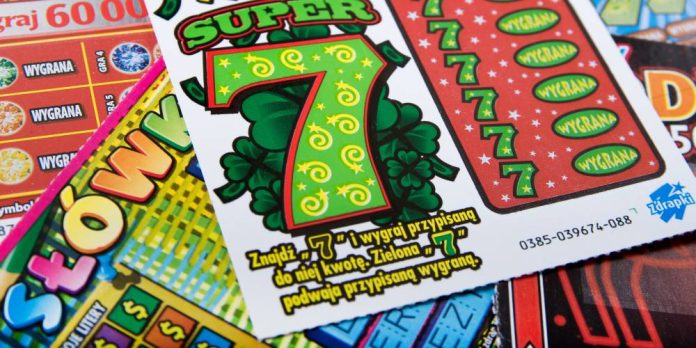Poker players stream their games to the masses on Twitch or YouTube. Slots influencers similarly have sessions they stream while chatting with friends. Sports betting social media stars post their picks in advance of a game and celebrate their big wins.
But what do lottery influencers do?
At social media agency PopShorts, actually playing the lottery games has very little to do with how influencers present them. In fact, influencers who work with the lottery basically do everything differently than other gambling verticals.
Speaking with PopShorts CEO Adam Gauespohl, the idea of sifting through lottery tickets or scratching off games to a live audience never even dawned on them as a viable option.
“We never really went down the road of sports betting or gambling influencers. All of our creators are moms or family creators. They’re not known for promoting gambling” Gauespohl said.
How does an influencer promote the lottery without focusing on the gambling element? The options really vary. Some focus on the gifting of lottery tickets to family and friends (though none under the age of 18). Be it gift-wrapping hacks or opportunities to enhance parties with lottery scratch-off giveaways, these influencers focus on the communal aspect of gifting tickets to people.
Other efforts include teacher recognition efforts and public service campaigns put forth by a lottery and embraced by content creators.
Gauespohl and PopShorts have found success with this approach which can often outperform even traditional lottery marketing materials.
We compare the creative that they make to other lottery creative that is more traditional because we’ll run social media ads with the creators’ content and the more traditional social content that they create. And the creators’ content is just more engaging,” he said.
When exploring why these marketing approaches are so effective, Gauespohl cited the fact the content veers away from the gambling element of it all.
“How we frame the scratch-off games, for example, was different and I think it makes it seem less where it’s all about the scratches themselves. It might be seen as the game, the money, and what you can win, whereas when we create content, it positions it as a way to enjoy and add some excitement to holidays with family and friends. I think it seems more relatable.”
In other words, by doing the opposite of what other gambling influencers have done, which is to focus on the risk element and the chance for big jackpots, PopShorts influencers found success with promotion.
“I think we’ve just looked at it in terms of like, how most normal people would look at these products,” Gauespohl added.
By approaching the product like a “normal” person, these influencers are reaching an audience that is often difficult for other gambling verticals to harness–women.
PopShorts didn’t purposefully seek out women to work with lottery companies as influencers. However, when given the profile of customers companies wants to reach, family-oriented content creators best satisfied that goal. Those creators tend to skew female.
What PopShorts and lotteries are showing is that there is certainly more than one way to promote a gambling product. The focus doesn’t need to be on the money or the thrill. Nor does the influencer need to appeal to the core male demographic. Instead, gambling companies can take a family-friendly approach that appeals to a wider swath of individuals.




























